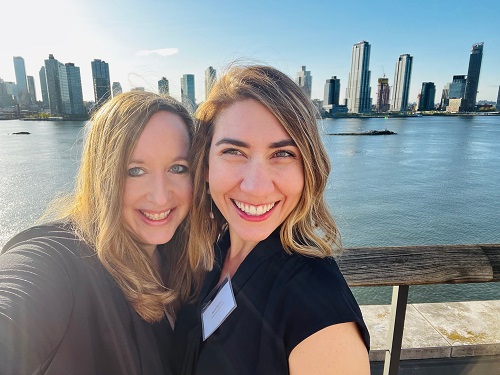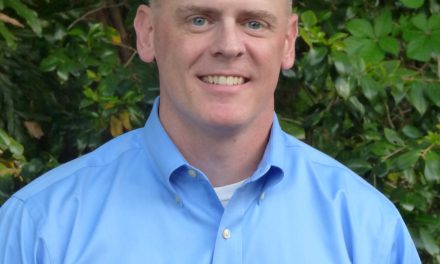By Summer Westerbur and Sarah Bodnar
In a historic gathering this spring, government officials, academics, entrepreneurs, economists, international activists, industry leaders, and legal professionals gathered from around the world to discuss how cannabis and hemp can advance global sustainability goals.
The Regenerative Cannabis Live summit was hosted at the United Nations (UN) in New York City a year after New York became the 15th state to legalize cannabis, and two years after a vote by the United Nations to remove cannabis from Schedule IV of the 1961 Single Convention on Narcotic Drugs.
A visionary lineup of speakers and panelists discussed how the hemp and cannabis industries can help actualize the United Nations’ 17 sustainable development goals. The UN’s aspirational goals call for eliminating hunger and poverty, and promoting health and well-being, climate action, equality, innovation, and sustainable management of global resources.
The burgeoning hemp and cannabis industries present great opportunities on these fronts. How do we get there? In the day’s discussions about building regenerative industries, the following steps outlined the path to a global green future:
- Medical Advancement: One of the driving forces behind the UN’s rescheduling of cannabis was to promote medical studies, treatment, and access. Decriminalization and legalization propel science forward and drive innovation. Further medical study of hemp and cannabis supports public health and safety and helps reverse stigma around cannabis
- Finding Competitive Advantage: Many countries are exploring their role in a global cannabis marketplace as the prospects for international trade legalization roll out around the globe, demand is driving. Countries are racing to find their place in the global cannabis market.
- Prioritizing Social Equity: Jaime Pearson, CEO of Bhang Inc., noted in her ICBC Berlin speech a need to unite the suits and the roots. She defines the roots as people who’ve made cannabis accessible before legalization. Strong social equity programs prioritize license applications for victims of the drug war. Previous attempts have largely failed. Cannabis can and should be used as a path to provide reparations to those most impacted by the drug war.
- Shifting Cultural Norms: Ultimately, legalization is a process of cultural integration. Where legalization ends, normalization truly Psychedelic research is encouraging. Psychedelics have become an important part of the legalization conversation with Colorado voting on legalization in November.
With the growth of these industries also comes great responsibility.
Second largest carbon footprint
Interestingly, many of the member countries of the United Nations Commission on Narcotic Drugs who aligned with a World Health Organization recommendation to deschedule, have not yet mirrored this policy domestically. This misalignment in policy underscores the piecemeal way in which decriminalization is evolving around the world, and poses one of the greatest obstacles to advancing the industry.
Legalization is only the first step in unleashing the social, economic, and environmental power of these industries.
The Sustainable Goals
The 17 United Nations sustainable development goals (SDGs) to transform our world:
GOAL 3: Good Health and Well-being
GOAL 6: Clean Water and Sanitation
GOAL 7: Affordable and Clean Energy
GOAL 8: Decent Work and Economic Growth
GOAL 9: Industry, Innovation and Infrastructure
GOAL 11: Sustainable Cities and Communities
GOAL 12: Responsible Consumption and Production
GOAL 16: Peace and Justice Strong Institutions
GOAL 17: Partnerships to achieve the Goal
To watch the recording of Regenerative Cannabis Live, visit www.regennabis.com
Summer Westerbur is President & Founder of Kairos Insurance Group Cannabis Division. Sarah Bodnar is a California-based Cannabis Policy Advisor and Founder of Golden State Public Affairs.









